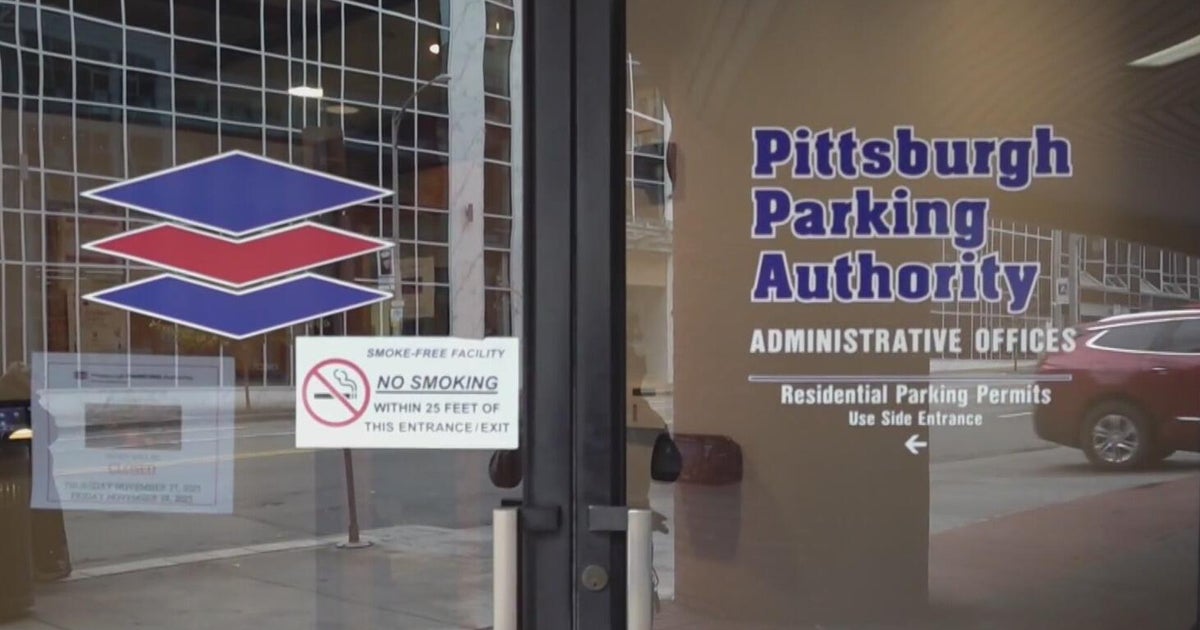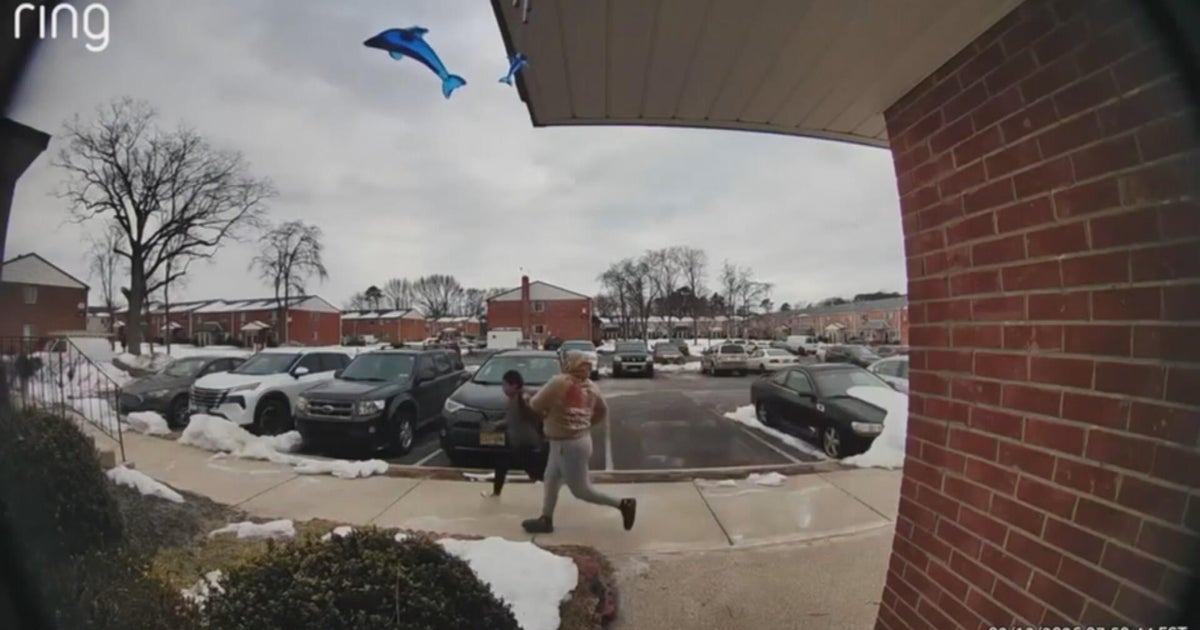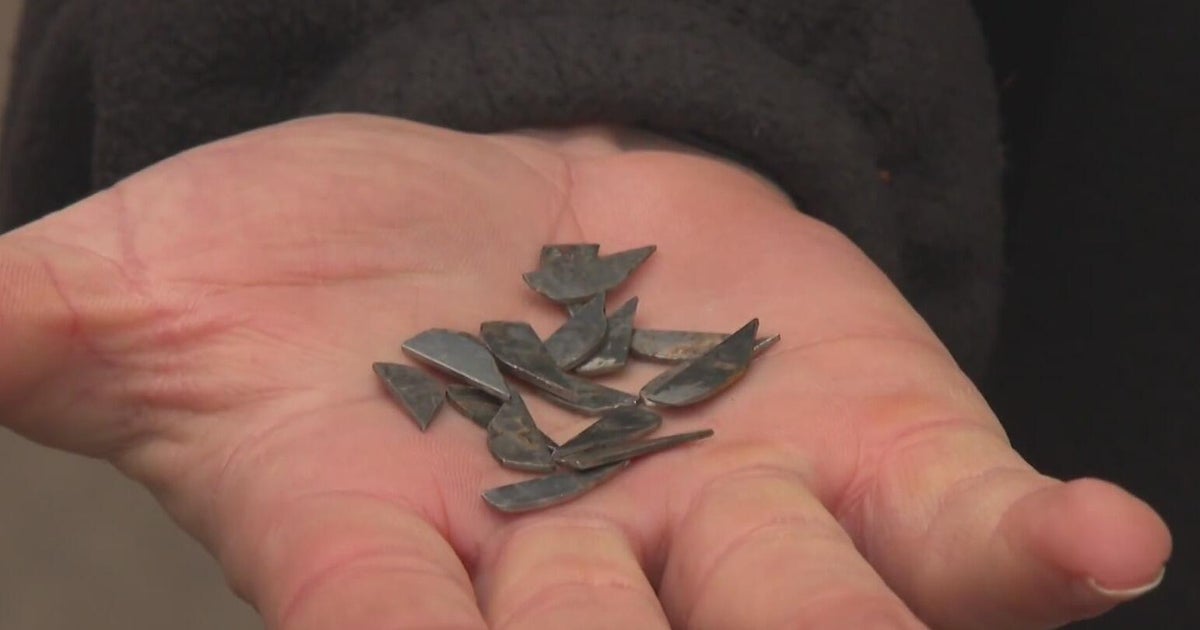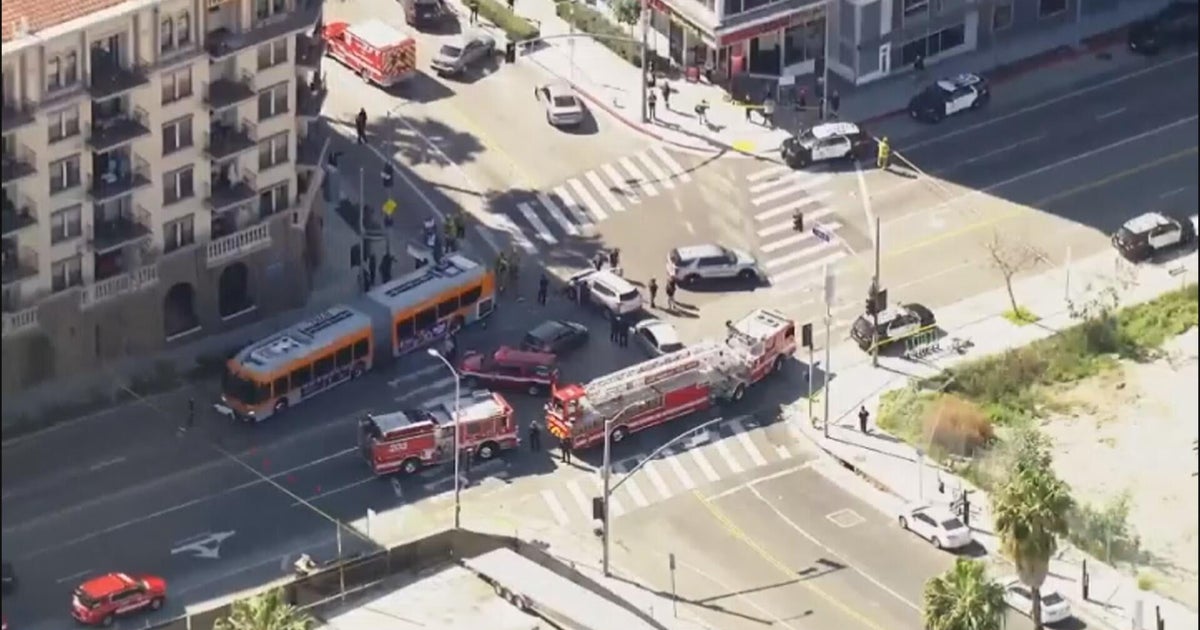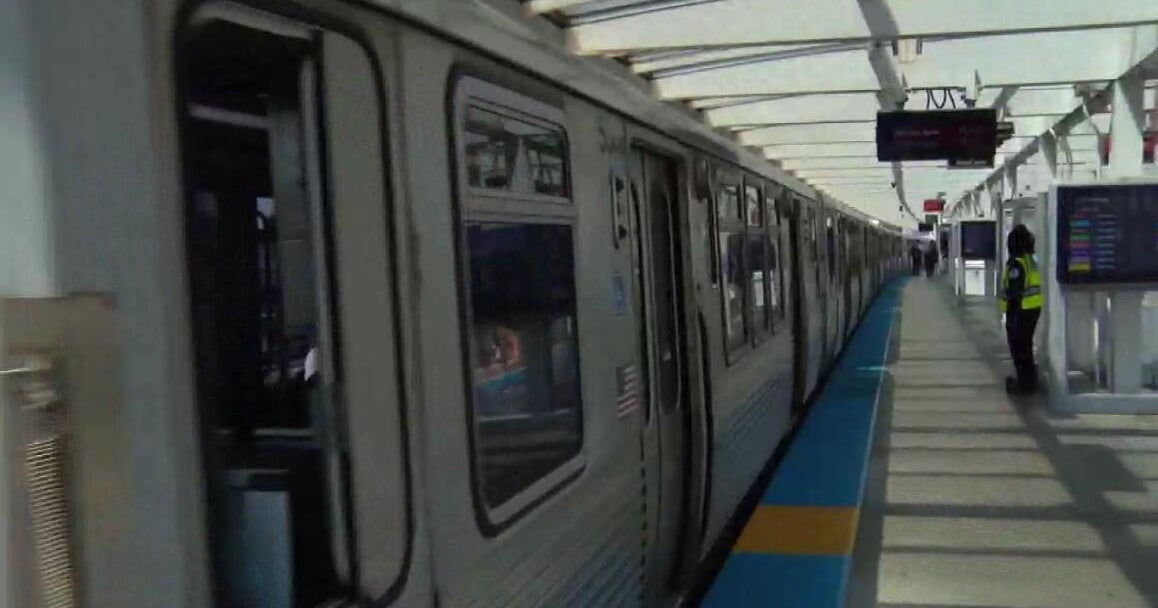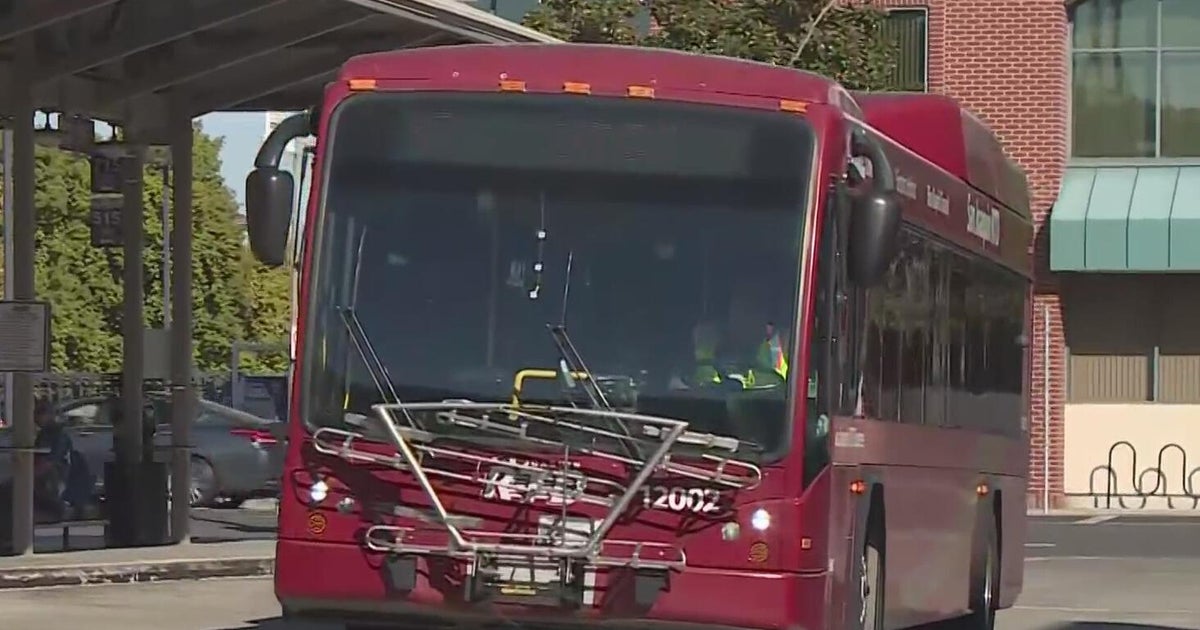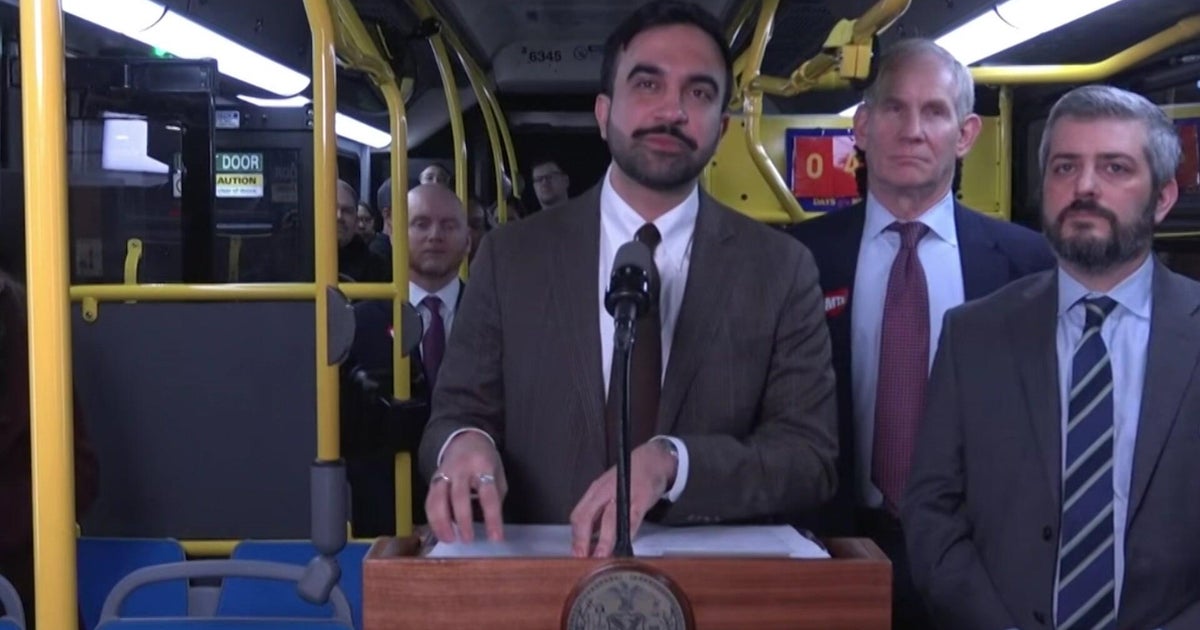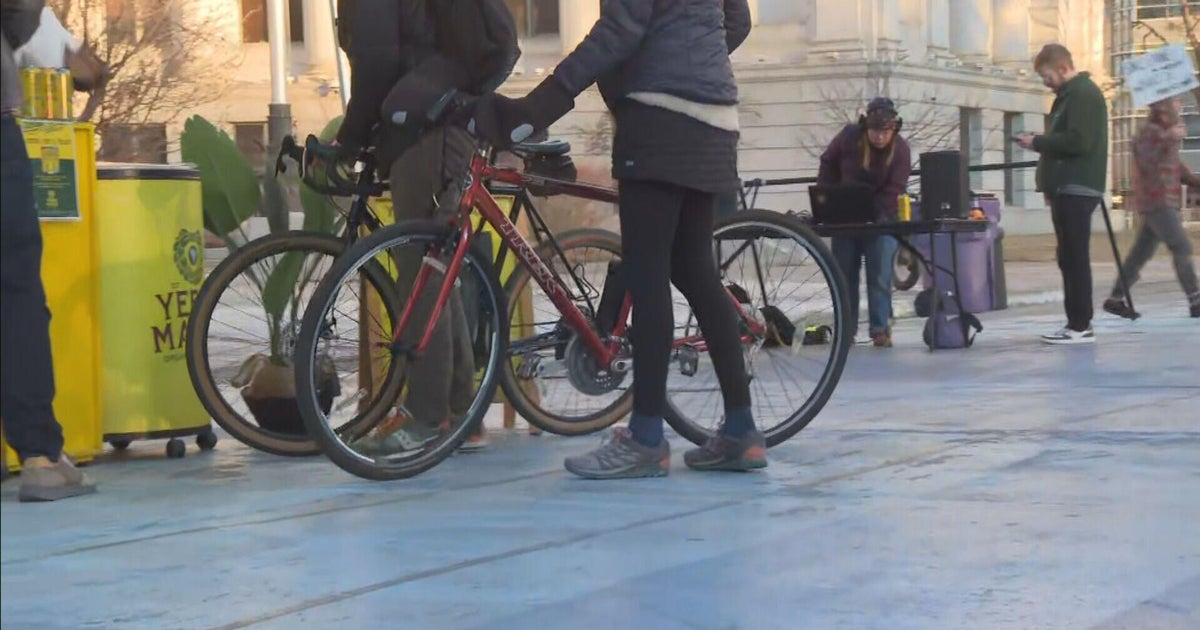Pittsburgh Regional Transit riders reporting late or no-show buses
PITTSBURGH (KDKA) - Pittsburgh Regional Transit riders say they routinely experience delays waiting for buses, partly because there is still a shortage of drivers. Riders fear this could lead to service cuts.
According to the transit union, they are down to about 200 drivers. For riders, there can be times when they are waiting longer for a bus, or one might not show up at all. The PRT said that stat is misleading.
Marcel Walker said buses are actually the only way he gets anywhere.
"I don't drive. I don't own a car. I don't have a license. It is all-important for me to get on a bus and get to where I need to," Walker said near one of the bus stops he uses.
For riders like him, they need the service to be reliable and not leave them behind. He said he's noticed there have been some shortfalls due to a driver shortage.
"Just as recently as this past week, it happened once or twice where a bus just didn't show up," Walker told KDKA-TV.
He's not alone.
"I've seen where buses haven't arrived," Khalil Bennie said.
According to the transit union, the shortage is in part because of people retiring and classes not big enough to fill the need. Forty-two drivers are going through arbitration after losing their jobs for the vaccination requirement.
"The people of Allegheny County, they should have better service," Amalgamated Transit Union Local 85 President Ross Nicotero III said over Zoom.
The PRT says these numbers from the union are misleading. They argue they are always short workers due to sick days, vacations and leaves. In a statement, they said their scheduled service is based on the employees they have.
Rider groups like Pittsburghers for Public Transit fear service cuts. They look forward to expansion programs but don't want current routes to be scrapped.
"It affects every aspect of how people live their lives. How often they are able to go to the grocery store or pick up their kids from childcare," group executive director Laura Chu Wiens said.
According to the PRT, service rates cuts have been low and are even lower this year. They admit right now is a challenge for transit companies to recover from the pandemic's effects, but the union feels more can be done to get people behind the wheel.
"The operators are the lifeblood of the industry. They are the frontline, the face of the organization. They're always getting the shortest end of the stick it seems to be," Nicotero III said.
Pittsburgh Regional Transit sent this statement:
"It is reckless and misleading to say that we are short 220 workers. We're always short workers. This has historically been the case as we need to account for employees who take off sick, go on vacation or long-term leave as well as maintain the flexibility to hire and train new operators in anticipation of retirements.
"The real question is how many operators do we need to run our schedule? That's the number that matters. Our scheduled service is based on the number of employees we project to have, which often differs greatly from our budgeted number.
"How we're doing in this regard can be seen in our out of service rate, which has been less than 2% since September and about 1% since January. That means we've been meeting more than 99% of our published schedule every day.
"Some of the information recently shared about this situation is misleading. It paints a picture of our system that's just not true. I'm not saying that we're not going through challenging times. We certainly are. The public transit industry was among the hardest hit by the pandemic, and we continue to feel its effects. Hiring is more difficult today than it has been in the past. That's true not just of PRT or the transit industry, but everywhere. We're taking several steps to address it.
"In the last year, we have increased our training rate from $15 to $19 an hour, we have increased the starting wage to $22.82 an hour, we now offer a $1,000 to $1,500 bonus to applicants who walk in the door with their commercial driver's license, and we are preparing to cut checks totaling $5.2 million to employees who worked during the height of the pandemic. The ATU president should already know about this; he signed the contract.
"The good news is that our efforts appear to be working with 27 people currently in training to be operators.
"Transit Driver Appreciation Day is March 18, and no one is more appreciative of our drivers than us. We look forward to having more of them very soon."
